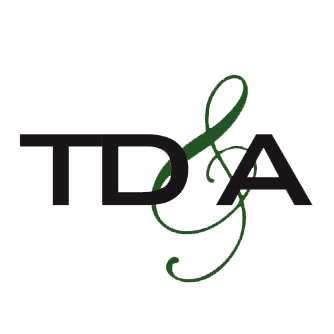DIY Estate Planning: Yes or No?
In this holiday season, with the New Year fast approaching our thoughts often turn to planning for our family’s future, in the New Year and perhaps beyond. Daily advertisements encourage us to plan for retirement, college savings, elder care, and our future medical needs. Often, we see do-it-yourself options promoted for such services. Rather than the expense of a financial planner, they tell us to pay “$5.95 per trade” and more. Discounts abound, and we all love discounts.
Frequently, new clients describe frustration with wills and trusts left by their deceased loved ones that were not properly written or updated, and arguments among the family members often ensue, or the need for court intervention, or contentious litigation for far too many. Unfortunately, many clients discover far too late that their issues could have been avoided, but their loved ones’ testamentary documents were created with a “do-it-yourself” or discount service; not with the expertise and guidance of a knowledgeable and experienced estate planning attorney.
A simple internet search can result in countless advertisements promoting a “$395 estate plan” or “discount document preparation service” or even promotions of a “free will” or “$69 will” by some of the largest do-it-yourself providers. All of these services come with a disclaimer of responsibility for the mistakes that are often made when venturing into the creation of legal documents unguided. And understandably so!
The law is complex and highly specialized, even for experienced practitioners. Judge Simon K. Rifkind, who practiced the law for 70 years, once said, “after 50 years of practice, I would no more have the audacity to formulate my own tax return than I would engage in open-heart surgery.”
Taking the DIY estate planning route is tempting, for sure. We all like to save money. Research on the internet and the ease (and immediate gratification) of getting your will or trust done, if you can figure out what exactly you need, makes the DIY route tempting. We understand that!
We have trust and probate litigation cases that turn on the interpretation of one word written in a document. One word! Don’t let that be you. Take the time to sit down with an experienced estate planning attorney, preferably one who understands trust and probate litigation avoidance, and take control of your and your family’s future.

